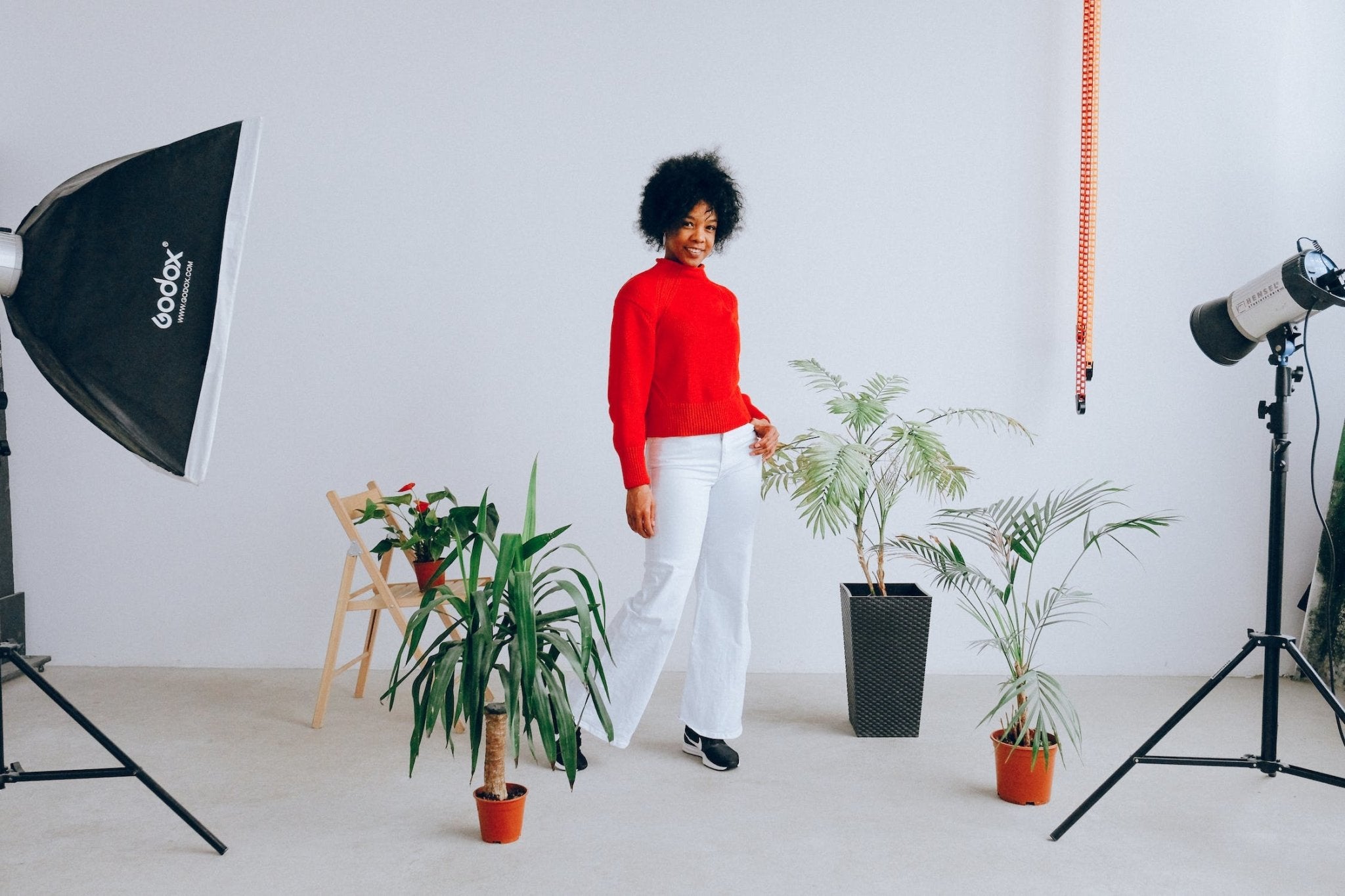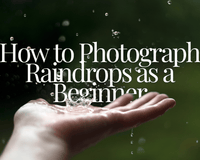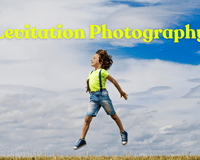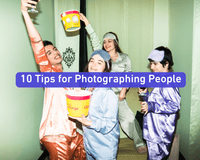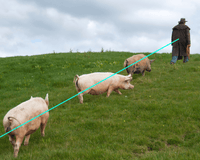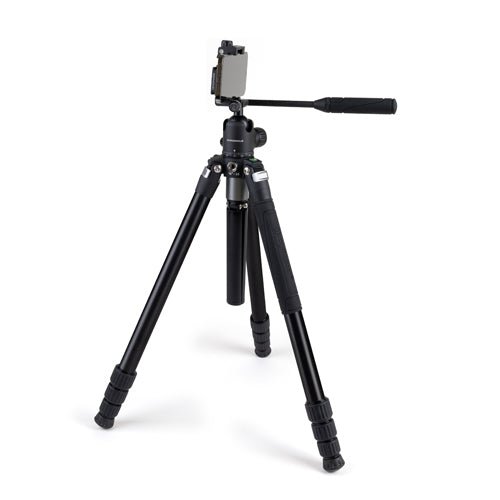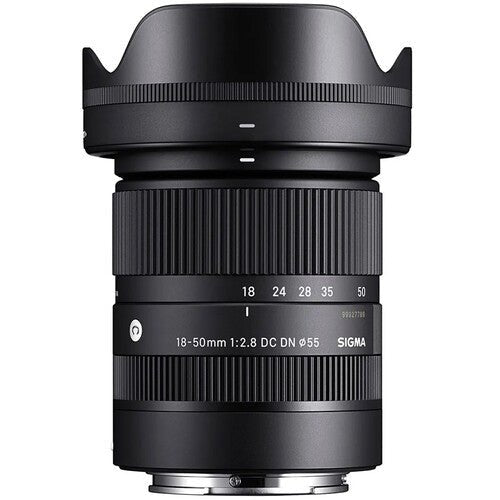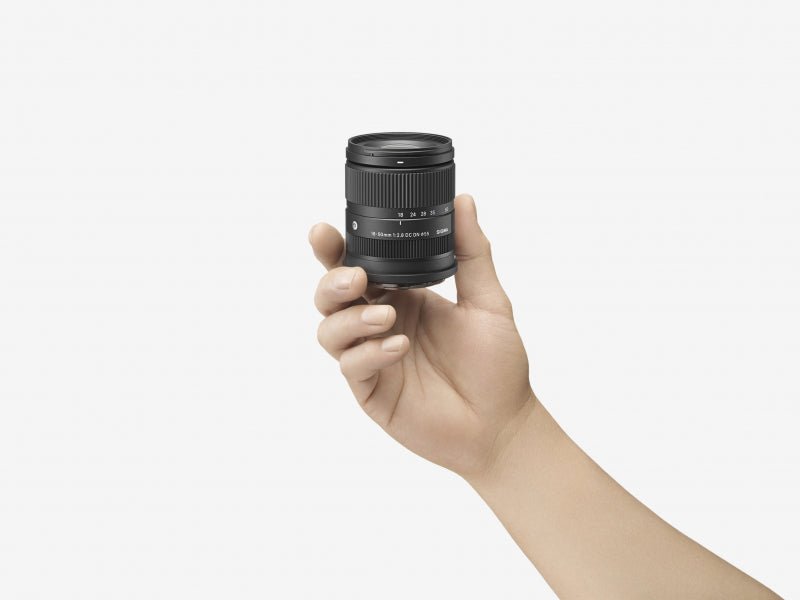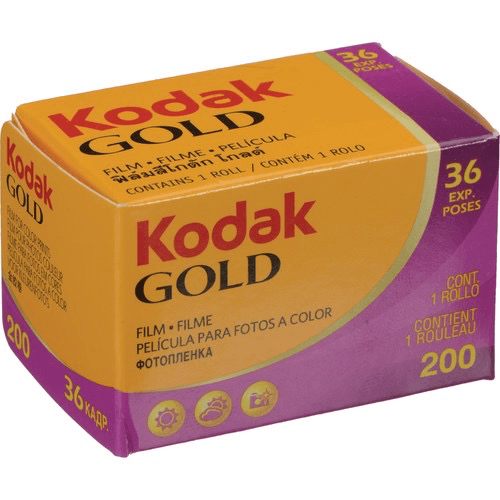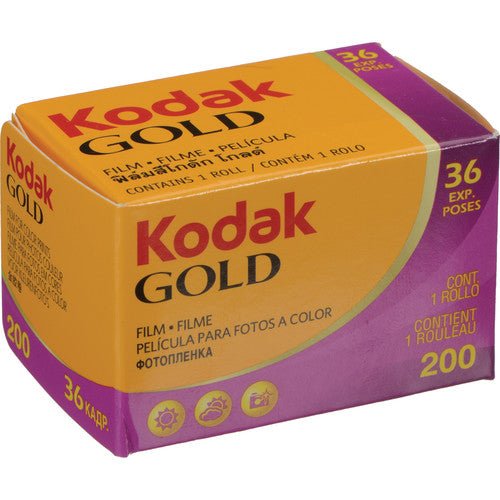Shopping for camera equipment can be as thrilling and exciting as purchasing a camera. However, some camera equipment is not as necessary when you start out. Navigating all the camera equipment can confuse you. So, what should you purchase, and what could you leave out of your shopping cart?
What photography equipment do you need? Here is a list of all the essentials:
Camera
It may seem silly, but you must start with a reliable camera. The camera is the main equipment you will need when jumping into photography. Check out these articles on picking the right camera for you:
Best Vlogging Cameras for Beginners
Why are Leica Cameras so Expensive
Lens
The next crucial step is choosing the right lens or lenses for your camera. Although you can not do anything without the camera, the lens is just as valuable, if not more, than your camera. Your lens dictates how your photo will turn out.
Kit Lens:
For newbies, start with a kit lens with zoom capabilities. These lenses can help you narrow down what type of lens you will want later on.
Prime Lens:
These lenses are great for portraits or any other photo if you what a shallow focus (35mm lenses, 50mm lenses, 85mm lenses).
Telephoto Zoom Lens:
This lens is perfect for shooting wildlife, sports, or anything else at a distance. Usually, these lenses are 55-200mm.
Wide-Angle Lens:
These lenses work well when capturing a wide view (28mm or less).
Check out these articles for more information on lenses:
Best Lens for Landscape Photography
Best Lens for Real Estate Photography
Best Lenses for Filming Professional Interviews
Best Lens for Newborn Photography
Camera Bag
The camera bag is another crucial piece of equipment. At first, you might think you will not need one, and however I promise you will! If you take your camera out of your house at all, you need to be able to carry it safely. Consider comfort and roominess to fit everything you want inside the camera bag.
The great thing is that there are a variety of camera bags out there to make the decision process easy. Depending on what type of photographs you choose, you will need a bag that can adapt to those accessories.
- Landscape photographers - While you are on an adventure trying to capture a gorgeous landscape, you will need to carry something around that is similar to a hiking backpack. Your camera bag should be sturdy, ready to withstand the elements, and keep your prized possessions safe!
- Street photographers - Trekking the streets to take photographs is not as adventurous as hiking. However, you will still want a reliable shoulder bag to carry your camera and accessories.
- Wedding photographers - Wedding photographers usually have a boatload of accessories to haul around and should rely on a rolling suitcase or a camera backpack. Having something larger will help you pack in everything you need. A smaller shoulder bag will also come in hand to help carry around lenses or extra batteries when you are roaming the room to take photographs.
Related article: Wandrd Camera Bag Review
Related article: Best Camera Bag for Hiking
Memory Card
Memory cards store all of the photos you take. They also help you when you transfer those images onto your computer. It would help if you had plenty of storage to hold as many photos as possible. You should be able to hold about 1000, if not more, images onto your memory card.
Look for memory cards with at least 34 or 64 gigabytes. When you take photographs at weddings, sporting events, or even of wildlife, you will notice having a memory card that can hold well over 1000 photographs is vital. And, of course, you will want to purchase a fast memory card so it won't slow you down, especially when you are in a photographing groove.
Tripod
Keeping your camera as still as possible to eliminate camera shake is critical! A shakey camera will ruin any photo, and this is something you can not easily Photoshop away. On the flip side, a tripod will only sometimes work out if you are in a fast-paced environment like a wedding or roaming the street. If those genres do not apply to you - you should consider your tripod as an extension of your camera. Invest in a durable and rugged tripod that will not easily flip over from a small gust of wind.
You might also need to purchase a tripod head separately. The head allows your camera to move around and gives it some wiggle room to take photographs. You can buy a ball head or a pan-tilt head.
Related article: Promaster Tripods Review
Related article: 3 Legged Thing Review
Filters
Filters might be debatable to put on a must-need list. However, you need them! Filters are placed in front of your lens and will modify the light your camera grabs. There are a variety of filters, but here are the four main types:
- UV filters help protect your lens and are not necessary. If you buy cheap filters, they could do more bad than good. Only use them if you are in extreme elements.
- Polarizing filters will darken blue skies and reduce some of the reflections in your image. These work best when photographing water or plants.
- Neutral density filters limit the amount of light your camera captures. Use them when you want motion blur effects (use for waterfalls!) or any bright condition.
- Neutral-density graduated filters give a smooth transition from dark to clear. This filter works wonders when you shoot something like the sky and only want a portion of your photo to darken.
Flash
Having an external flash will elevate your photography game. Use an external flash to brighten dark shadows or to develop the light that shines on your subject. Refrain from relying on the camera that is attached to your camera. Portrait photographers will almost always want to use an external flash. However, landscape photographers might be able to live without this.
Extra Batteries
It is always better to be safe than sorry. Imagine photographing a wedding, and your camera dies. Or, you could be out on an adventure nowhere near a power source, close to capturing something magical, and BOOM...your camera is dead. Yikes! What a nightmare that would be. Always double-check that you have an extra charger and a set of batteries in your camera bag.
Not sure what battery your camera is compatible with? Check out our Battery Compatibility Finder.
Editing Software
I always rely on Adobe Photoshop and Lightroom because they have an arsenal of tools to do whatever you need. However, there are other options (just better than what Adobe offers). Whichever program you use, we recommend watching a few tutorials to become familiar with all the editing tools. Here are some other choices:
- Photo Ninja
- ON1 Photo RAW
- Alien Skin Exposure
- Capture One
- ACDSee Ultimate
There's a lot to consider when purchasing camera equipment and accessories, but it can be easy! The guide above should give you a clear idea of what photography equipment you need to start getting into this hobby!
Check out these other articles for more insight:
Related article: What Camera Should I Buy?
Related article: How Photography Was Invented
Related article: Highest Paying Photography Jobs
Related article: How Photography Helps Mental Health

